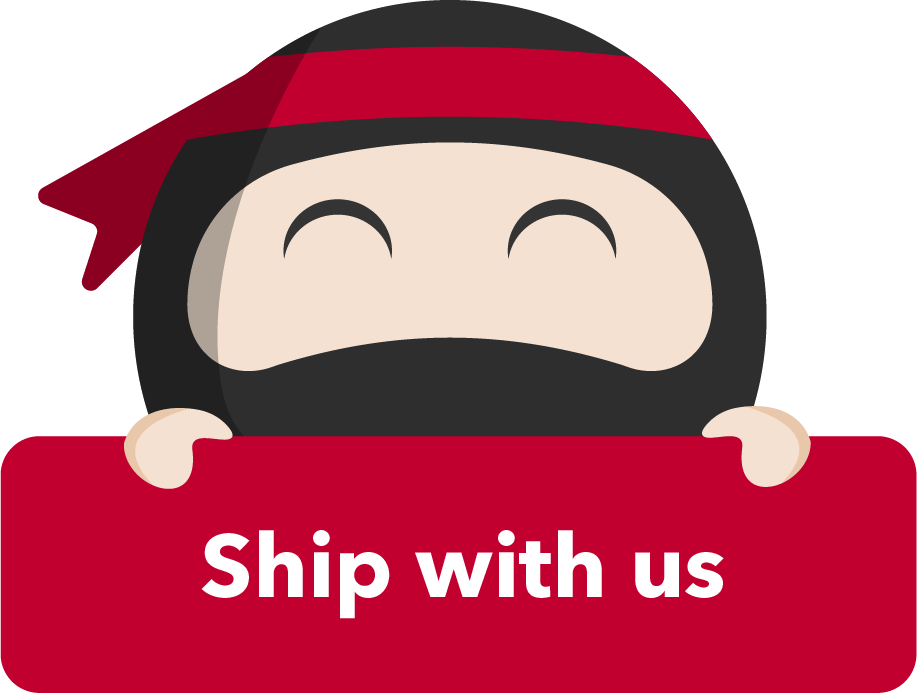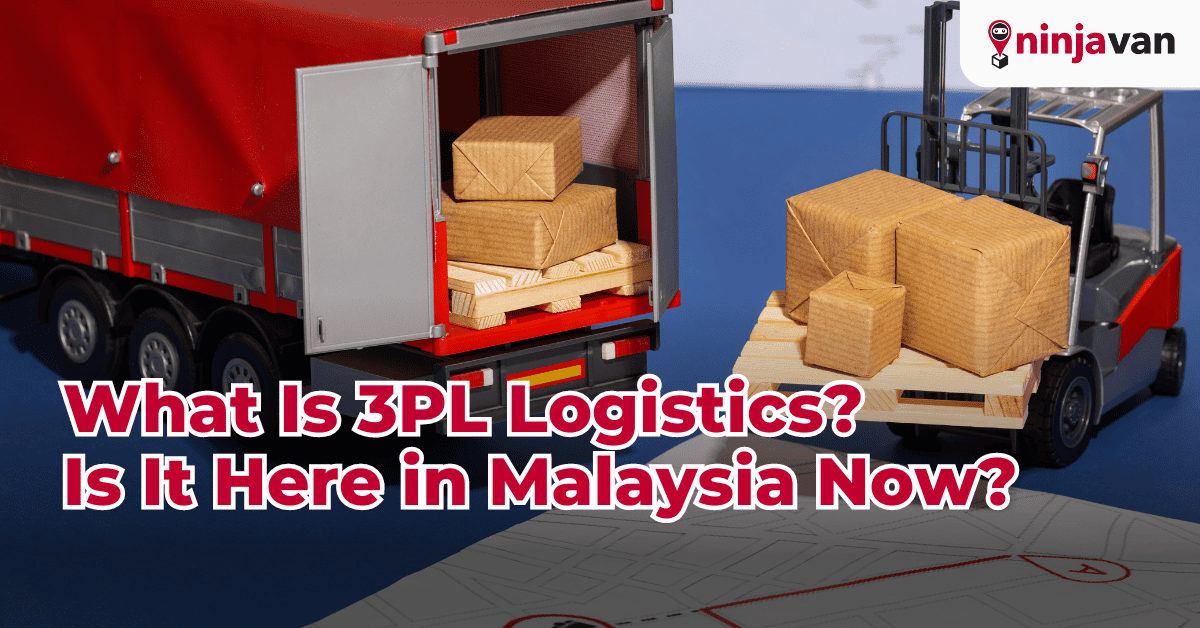2024 is the year for online businesses boom in Malaysia!
You might be wondering, “Is e-commerce the real deal in 2024?” and “Should I turn my hobby into a side hustle?” Well, spoiler alert: the answer could be a big YES! The market for buying stuff online is expected to hit a whopping US$5.9 billion by 2024. Why the surge? Tons of people are using their phones to shop, and the country’s economy is doing great, which is key for online businesses to thrive. Basically, it’s a good time to be selling things online in Malaysia!
But before you jump in, it’s important to be prepared. This guide will be your roadmap, helping you navigate your hottest questions. So, buckle up and get ready to explore the exciting world of Malaysian e-commerce!

What Are the Requirements in Forming a Company?
1. Registering your online business in Malaysia
Before you unleash your inner e-commerce entrepreneur, it’s time to get your business officially registered. This might sound scary, but it’s actually quite simple if you truly understand the process clearly. But, don’t worry, we’ll break it down into bite-sized pieces to make sure your online venture starts on the right foot.
Think of it like getting your driver’s license for your online business. It’s not the most exciting part of the ride, but it’s essential to operate legally and protect both you and your customers.
2. SSM guide to company registration
The Suruhanjaya Syarikat Malaysia (SSM) is like your one-stop centre for registering your online business. Their website is honestly your bestie in this part, offering a super user-friendly guide complete with step-by-step instructions, downloadable forms, and even fee details. Here are some examples:
- SSM EzBiz user account registration and user guideline new business registration: This online guide provides step-by-step instructions on registering your business through the EzBiz online platform. It includes details on required documents, fees, and the registration process.
- Guidelines for registration of new business: This downloadable PDF document outlines the general criterias and step-by-steps for registering a new business in Malaysia. It includes information on eligibility, required documents, and fees.
- Application forms: The SSM website provides downloadable application forms for various business registration types, including sole traders, partnerships, and companies.
3. Sole Trader vs. Company: Choosing the right structure for your online business
Now, let’s talk about Sole Trader vs. Company. Think of it as choosing your ride. A Sole Trader is like the good ol’ Ego scooter (vroom vroom!). It’s simple to set up and maintain, but it doesn’t offer the same level of protection as a company. On the other hand, a Company is like a sleek ADV160 – it provides more legal separation between you and your business, but it also comes with additional paperwork and regulations.
Author’s note: To understand more about different company structures, the SSM website (again..) provides a comprehensive guide on business structures. This resource is reliable, up-to-date, and specifically tailored to the Malaysian context.

Understanding Product-Specific Permits
While getting your business registered is super important, some products need an extra “permit passport” to hit the virtual shelves. This is where understanding product-specific permits comes in.
Think of it like this: Not all ingredients go in the same pot, right? (Unless you cook a one-pot meal, lah) The same goes for online products! Whether you’re selling food that fuels foodies, makeup that makes the glam girlies, or anything in between, there might be additional permits you need from the government to ensure everything’s safe, legal, and top-notch.
1. Selling food online? Understanding the Ministry of Health Regulations
Everyone loves baked goods! Well, we can see from the booming “cromboloni” phenomenon in Malaysia. And, let’s say you want to jump on the trend and start unleashing your culinary masterpiece on the world, you need to understand the Ministry of Health (MOH) regulations. This means getting a Food Establishment License, following strict requirements such as hygiene, food handling, storage, and safety standards, and making sure your food labels are on point. Remember, happy and healthy customers are the best kind!
2. Permits for cosmetics, pharmaceuticals, and more
The world of “permit passports” doesn’t stop at food. If your online store is a haven for cosmetics, pharmaceuticals, or anything else with specific rules, you might need additional permits from cool-sounding agencies like the National Pharmaceutical Regulatory Agency (NPRA) or the Department of Pharmacy.
Remember: This is just a heads-up! Always research and double-check the specific regulations and permits needed for your exact product category.

When Does a Hobby Need a License?
So, you’ve turned your passion into a thriving online business, churning out amazing products and building a loyal customer base. But wait, is your hobby business legally legit? This is where things can get a little tricky. Aiyooo!
1. Avoiding legal pitfalls and staying compliant
Here are some signs your hobby might need a license:
- Income: If your earnings are consistent and exceed a certain threshold (determined by the Lembaga Hasil Dalam Negeri Malaysia), you may need to register your business and pay taxes.
- Frequency: If you’re selling regularly, even with modest income, you might need a license to ensure you comply with regulations and consumer protection laws.
- Product type: Certain products, even if handmade, have specific regulations and permits (like food or cosmetics).
2. Scaling up? Transitioning from hobby to licensed business
When your hobby has blossomed into a successful business, transitioning to a licensed business is the next step. This involves all the steps mentioned above, and understanding tax obligations with tax laws and file tax returns regularly.
Remember, operating legally protects you and your customers. It also fosters trust and professionalism, which can be crucial for scaling up your business and reaching new heights!

Customer Satisfaction and Delivery Smoothness for Online Businesses
Congratulations, you’ve settled the legal side of your online business! Now, it’s time to focus on the real magic: keeping your customers happy. After all, satisfied customers equal loyal customers, and that’s the recipe for long-term success.
But how do you ensure your customers walk away with a smile (or a happy dance)? Here’s where delivery smoothness comes in. Think of it like this: Your product is a delicious cake, but delivery is the icing on the top. A smooth, efficient delivery process can elevate your customer experience from good to “power seih!” Here’s why delivery smoothness is crucial:
- Fast and reliable deliveries: It’s the 21st century, and nobody wants to wait forever for their online purchases. Speedy deliveries keep your customers happy and coming back for more.
- Real-time tracking: Give your customers peace of mind with real-time tracking. Seeing their package travel the distance ensures transparency and reduces frustration.
- Clear communication: Keep your customers informed with automated communication at every stage of the delivery process. This builds trust and prevents unnecessary anxieties.
To ensure your delivery process is the perfect topping for your ecommerce cake, consider exploring solutions that offer features like:
- Real-time tracking: Allowing customers to follow their package journey.
- Automated communication: Keeping customers informed with updates and notifications.
- Streamlined logistics management: Coordinating different aspects of the delivery process efficiently.
By prioritizing customer satisfaction and investing in delivery smoothness, you’ll be well on your way to baking a successful online business that keeps your customers coming back for seconds (and thirds)!
Settle, liao? Your online business is ready to fly! And if you’re looking to streamline your parcel deliveries, consider apps like Ninja Biz for a helping hand.






